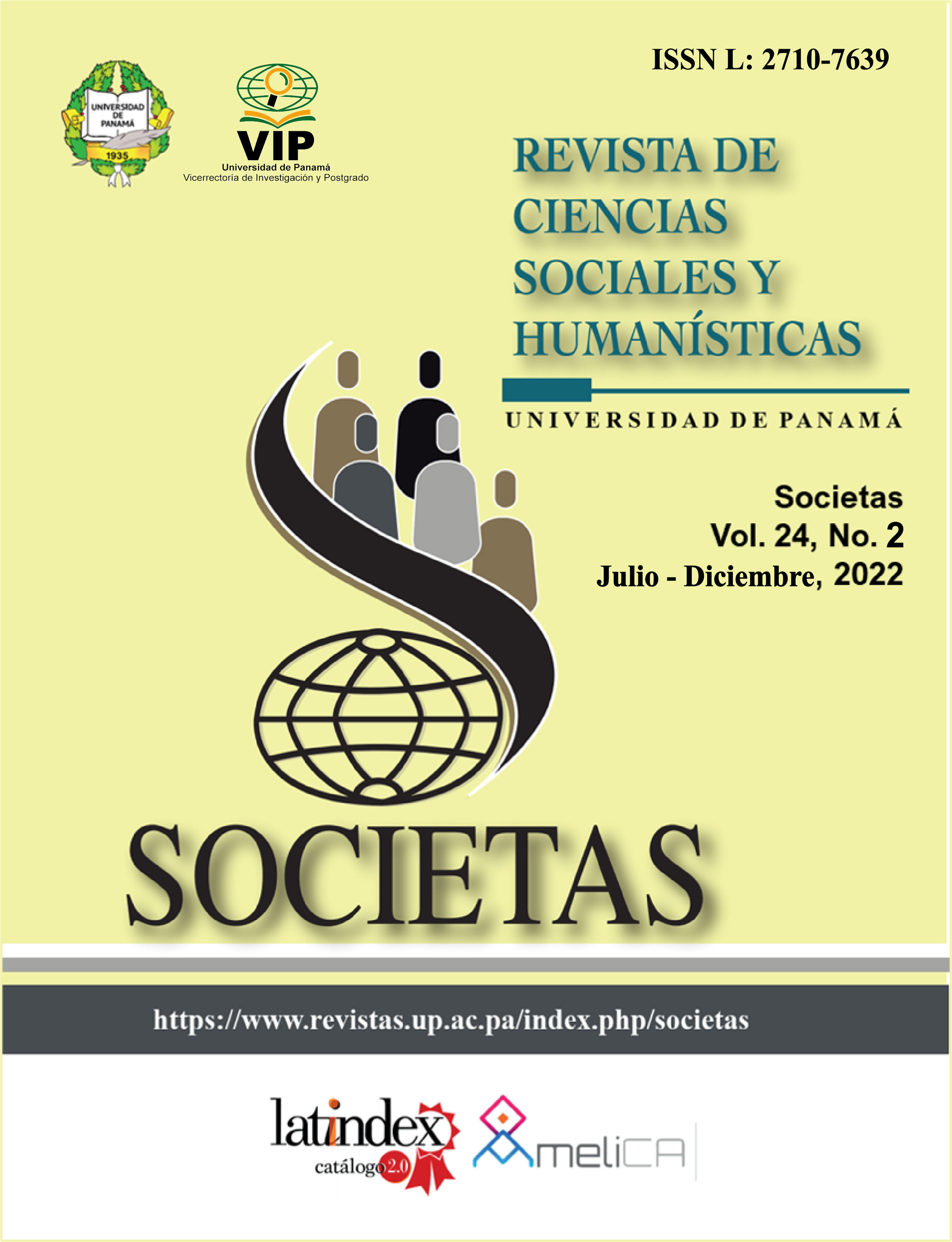

La presente investigación cualicuantitativa presenta un estudio no experimental de tipo transversal sobre la efectividad de las actividades gastronómicas de cocina como estrategia intercultural para la enseñanza de inglés como lengua extranjera. El estudio se desarrolló con la participación muestral de 15 docentes de lenguas extranjeras, 100 estudiantes de primer año de Bachillerato General Unificado (BGU), y 100 padres-responsables de los estudiantes, todos activos en sus funciones dentro del sistema educativo de la región Costa-Galápagos de Ecuador, durante el año lectivo 2019-2020. Para la recolección de la información se aplicaron dos instrumentos a 50 docentes de inglés como lengua extranjera; el primero fue un test con 10 preposiciones afirmativas en escala Likert y el segundo fue una entrevista semiestructurada. A los estudiantes y a los padres-responsables se les aplicó un test con 10 ítems. Los resultados demostraron que docentes, padres, y estudiantes consideran que la receta gastronómica no solo es efectiva como estrategia, sino que fomenta la socialización de conocimientos entre pares, a la vez que estimula e incrementa el conocimiento intercultural de los estudiantes, favoreciendo su desempeño académico.